Have you ever wondered where your unconditional behaviors originate from?
In our daily lives, there are many behaviors that have become habits without us even realizing it. From holding the door for someone to always letting others have the last piece of food when dining, we often engage in these acts of kindness.
While this might seem like simple courtesy, scientists have provided explanations for these common unwritten rules.
1. Lowering or muting the volume when driving in unfamiliar places

We often need to silence the surrounding noise to avoid getting lost.
Even if you are a music lover who enjoys listening to music at all times, when driving to an unfamiliar location, you may unconsciously lower the volume of the radio or completely turn off the music to focus on the road and prevent getting lost.
Explaining this behavior, Professor of Psychology and Brain Science at Johns Hopkins University, Dr. Steven Yantis, states that in moments when we focus on listening, we rarely concentrate on the visual information our brain receives. Therefore, when we need to visualize the path or a map more clearly, we often have to mute the surrounding noise to avoid getting lost.
2. Parking close to another car even when there are plenty of empty spaces
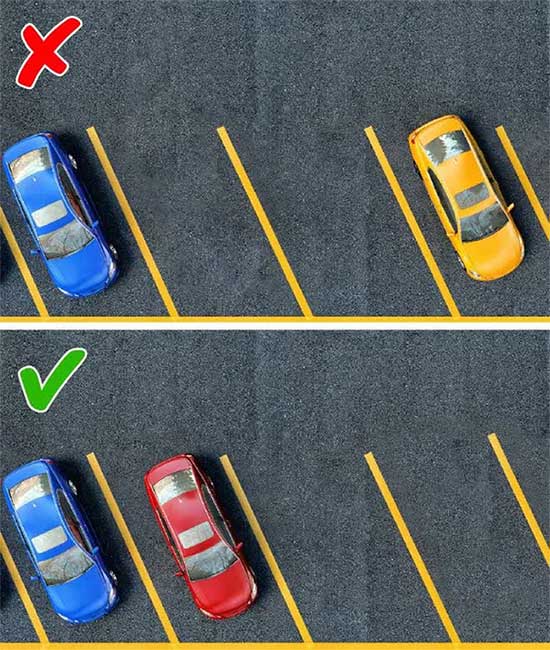
In normal situations, we tend to park our cars close to another vehicle.
This behavior can be explained by the fact that humans are social creatures. We tend to follow the crowd, which is why in normal situations, we automatically park our cars close to another vehicle in the parking lot.
Rob Henderson, a research assistant at Yale University, analyzed studies on this topic and highlighted several reasons why people follow the crowd. One reason is that the number of products and services around us is rapidly increasing. We do not have enough time to evaluate all options, so we tend to choose what most people are using. This is also why in advertisements, we often hear claims that a product is recommended by 9 out of 10 experts. It’s a way of appealing to our herd instinct.
3. Not taking the last piece on a plate
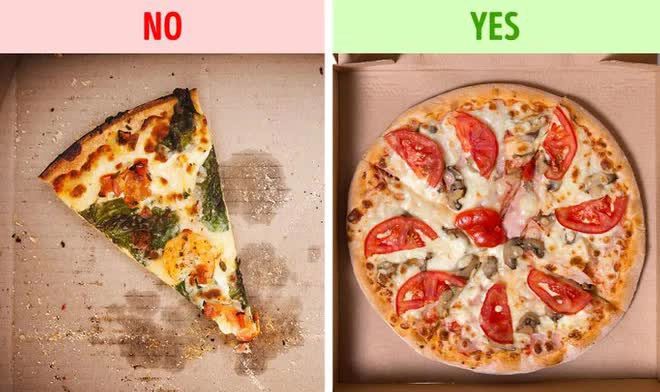
Experts refer to this phenomenon as the diffusion of responsibility.
This reality is quite strange because it contradicts many studies on scarcity. They say that the scarcer a product is, the more we desire it. That’s why in discount advertisements, we often hear that there’s a limited quantity of the product available.
However, scientists Daniel A. Effron and Dale T. Miller from Stanford University have pointed out in their research that during a meal, people often do not take the last piece of pizza, the last donut, or the last candy from the jar because they do not feel entitled to it. Experts call this phenomenon the diffusion of responsibility.
4. Men dislike asking for directions

Men do not ask for directions because they do not want to feel inadequate.
According to a survey by TrekAce, only 6% of men stated that they would ask a stranger for directions if they were lost. The same study found that, on average, men drive an extra 900 miles in the last 50 years of their lives because they do not want to ask for directions.
Mark Goulston, MD, has attempted to explain this behavior. He believes that men do not want to ask for help even when they are lost because they do not want to feel inadequate, vulnerable, or even humiliated.
5. Holding the door for others
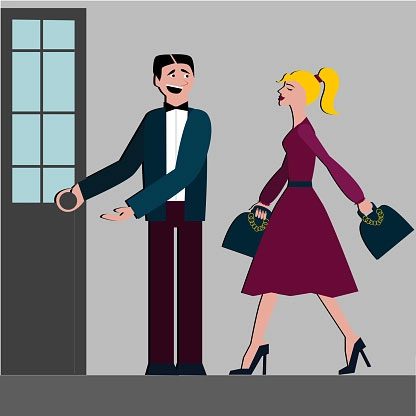
This reflects our expectation to be treated as we wish to treat others.
From childhood, we are taught to hold the door for others as a courtesy. However, scientists suggest there is another explanation for this behavior.
According to a paper by Joseph Santamaria and David Rosenbaum, we hold the door for others to minimize collective effort, meaning you do not want the person behind or in front of you to expend energy holding the door open when you can do it for both you and them. Additionally, scientists argue that this behavior reflects our expectation to be treated as we treat others.
6. Not buying the most expensive or the cheapest items
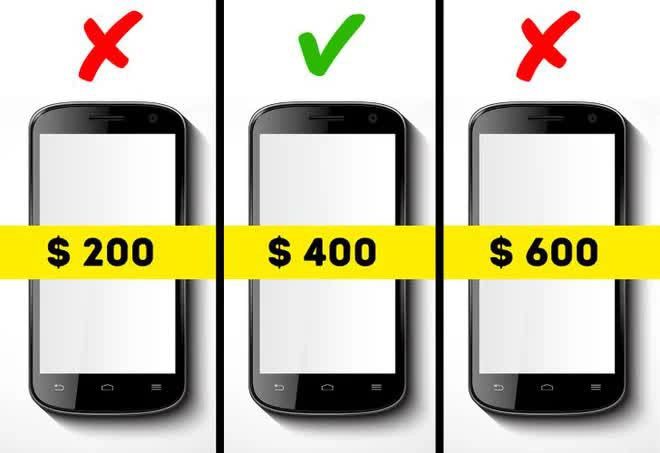
We tend to choose products that offer the right price and quality.
Typically, we strive to spend our money wisely, which is why we often choose products that offer the right price and quality. This is also why most of us dislike buying the most expensive or the cheapest item in a price range.
This mindset is also utilized by many companies to sell their products. They deliberately offer two or three options for a product, where the mid-range product is priced just slightly higher than the cheapest option to appeal to consumer psychology.
7. Pointing our feet toward the person we are interested in
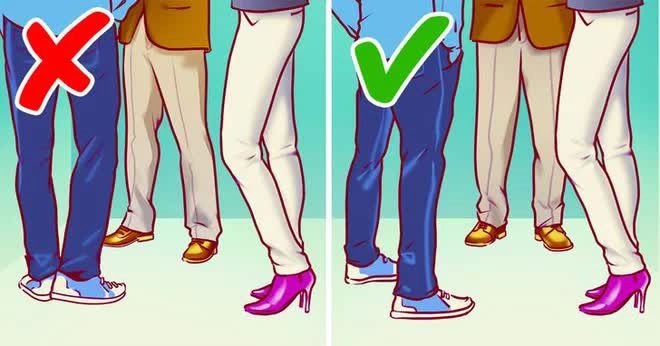
Body language indicates that all actions stem from our survival instincts.
In conversations, not only is our body position relative to the other person important, but our own positioning also reflects our interest in someone. If the feet of the opposite person are not pointed toward you while their upper body is facing you, it indicates a lack of interest in the conversation.
Joe Navarro, MA, in his book on body language, states that all actions stem from our survival instincts. Therefore, we may cross our legs when feeling comfortable, and will often immediately uncross them to prepare to leave or avoid if a group of strangers enters. Thus, when someone feels bored or uninterested, their feet will also point toward a route they can escape or toward someone else.


















































